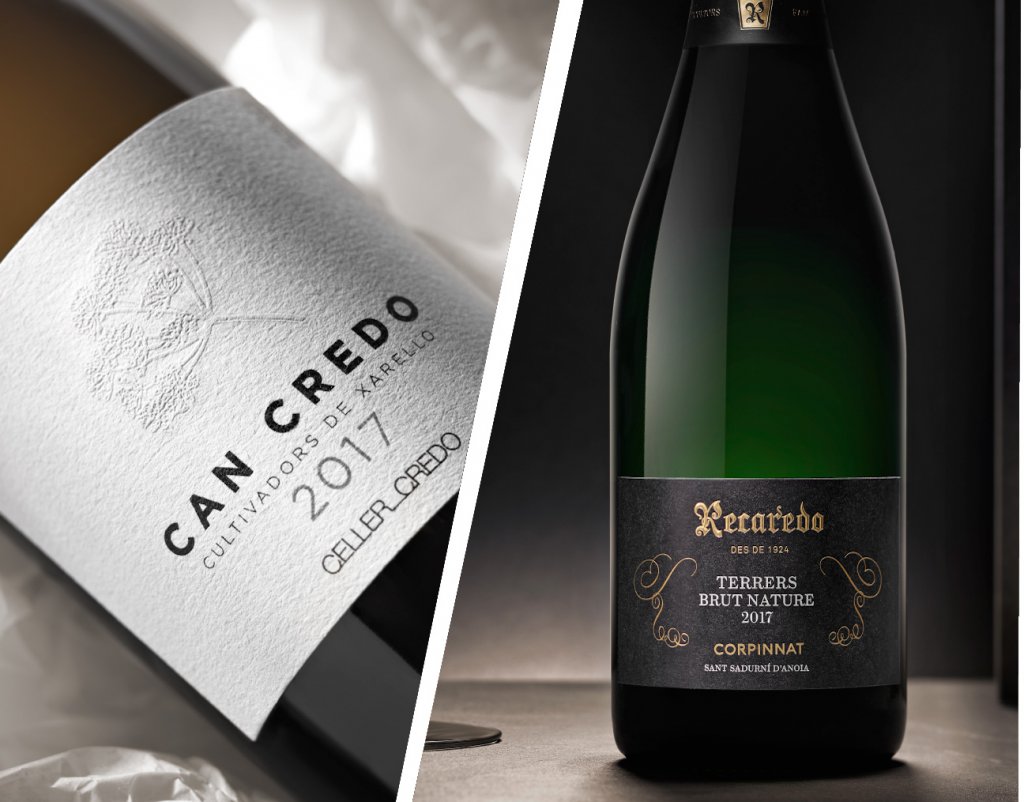Recaredo is participating in the SensoVI Operational Group
Recaredo, grape growers and makers of quality long-aged sparkling wine, uses natural cork stoppers for 100% of the ageing of its Corpinnat wines. This choice reflects the winery’s long-standing commitment to sustainability and the use of environmentally friendly products. In line with this commitment, Recaredo has teamed up with winemakers and cork industry companies such as Francisco Oller and Tesa, as well as the Catalan Vineyard and Wine Institute (INCAVI), the Institute of Agri-Food Research and Technology (IRTA), and the Catalan Cork Institute Foundation to promote sustainability and research through the SensoVI Operational Group, whose main goal is to carry out a two-year study to determine how the use of cork affects the second fermentation in the bottle (tirage) of sparkling wines, compared to when crown caps are used. The Group also aims to make progress towards the development of a 100% sustainable stopper that will improve cork management and help preserve biodiversity.
Recaredo, a winery with a strong commitment to the use of natural cork stoppers, hopes to obtain data and analyses that demonstrate the positive effects of carrying out second fermentation with this 100% sustainable material and is participating in the Group in order to gain a more objective vision that will enable them to better explain the characteristics of their wines. According to Núria Artiaga, Recaredo’s oenologist, “several studies show that the interaction of wine with oxygen is more positive with natural cork stoppers for long-aged sparkling wines, as it helps to prevent oxidation, and our own experience supports this finding. It’s also an organic material that can be recycled and reintroduced into the production chain, in line with our philosophy of taking a biodynamic, ecological approach and with the principles of the circular economy.”
Main actions of the SensoVI Operational Group
In the sparkling wine sector, the vast majority of companies use crown caps for the second fermentation; only a few use natural cork stoppers, a 100% sustainable material. In this context, the pilot project seeks to improve the competitiveness of wine-producing estates by studying the positive contribution of cork stoppers, as compared to crown caps, in second fermentation. Another goal is to increase the turnover of the Catalan cork industry by developing a new cork stopper specifically for tirage. According to SensoVI specialists, this will have a positive impact on the area of sustainably managed cork oak forests in Catalonia.
The Operational Group aims to preserve the biodiversity of cork oak forests (declared Natura 2000 areas) and to promote the replacement of non-recyclable auxiliary materials such as crown caps (a multi-material made of aluminium and plastic) with natural, locally produced materials such as cork, which is 100% sustainable, recyclable and biodegradable, and which helps to optimize the maturation of wine in the bottle.
Panel of 30 tasters analyzes differences according to the type of stopper used
The methodology used for the study is a sensory analysis carried out by a panel made up of 30 tasters, divided into groups of eight people. This is a proven scientific approach that aims to study the differences over time between bottles that have undergone secondary fermentation with natural cork stoppers and those where crown caps are used. The tasters have defined 72 qualitative parameters, which are assessed for each sample to determine whether each attribute is present or absent. They will also rate 15 quantitative parameters, indicating the intensity of each attribute on a scale of 0 to 10. The perceptions of non-expert consumers will also be studied to determine the main findings of the analysis.
The GO SensoVI project has a total budget of €246,511.63 and is supported by the Ministry of Climate Action, Food and Rural Agenda of the Government of Catalonia and by the European Union through ERDF funding.

















